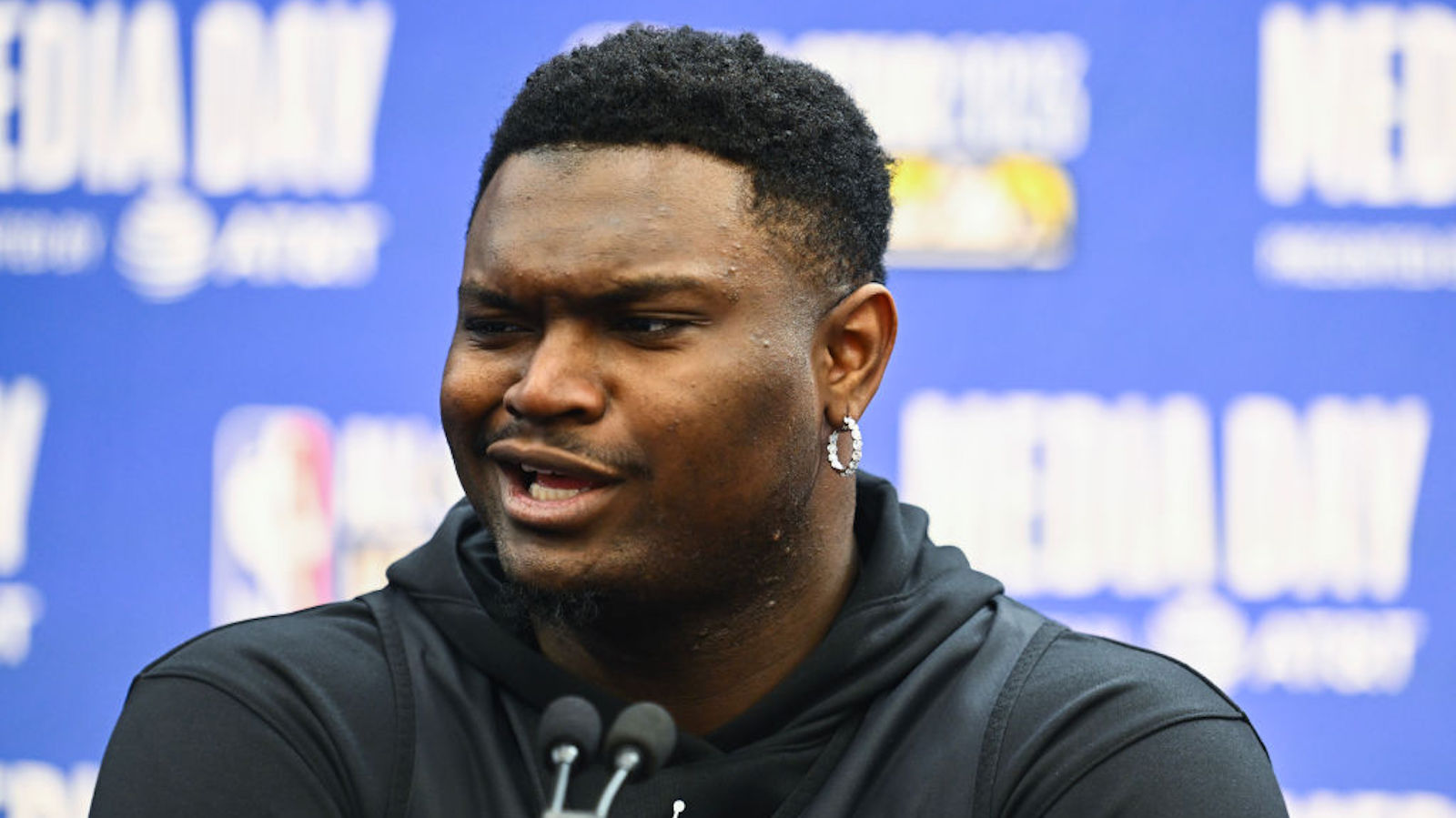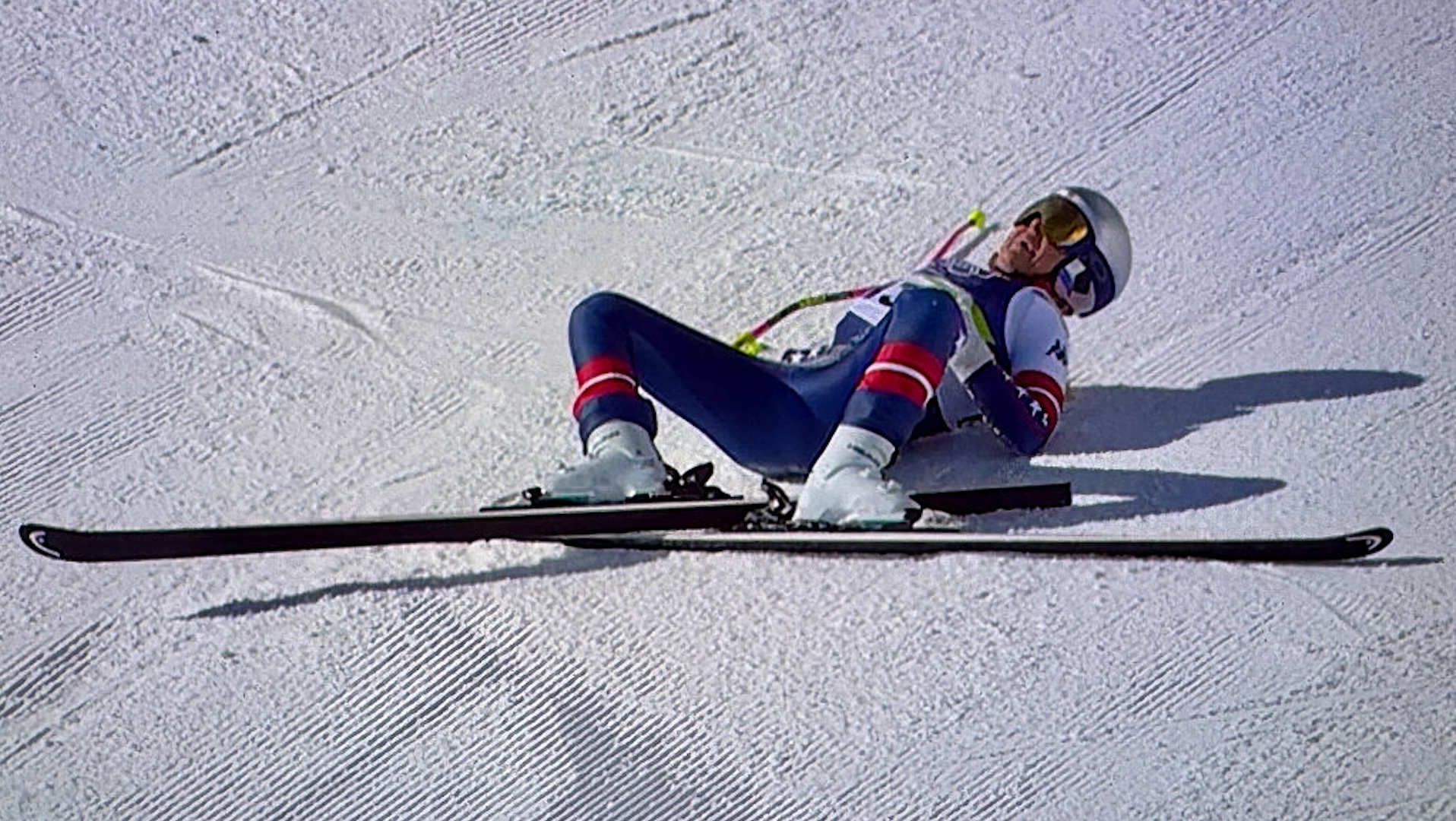At this point, there's no such thing as a non-ominous update about the status of cubic NBA superstar Zion Williamson. You see his name anywhere near the words "provide update" or "status" or "David Griffin said..." and you know some bad news is coming. And now here comes one such piece of news, delivered by the Pelicans on Thursday: there is still no timeline for Williamson to return from a hamstring strain that has kept him off the court since Jan. 2.
On Thursday afternoon, Pelicans executive vice president of basketball operations David Griffin announced, "After further evaluation, it has been determined that Zion Williamson will continue his rehabilitation and conditioning regimen. We will continue to monitor his progression and updates will be provided as warranted."
ESPN
This is a bummer for a variety of reasons, the most immediate being the effect it will have on the Pelicans' postseason chances. There was a brief period this season when the Pels looked like one of the better teams in the entire conference. They were 26-17 on Jan. 13, not long after Williamson went back on the shelf. By Feb. 2, they were 26-27, and as recently as March 17 they remained under .500, at 33-37. But things have been looking up recently—the Pelicans have won eight of their last 10 games, and currently have as good a chance as any of the other mediocre Western Conference teams at making the play-in game.
They've looked good enough that, before yesterday, a particularly hopeful Pelicans fan could have imagined a scenario in which the team not only goes soaring into the play-in on a hot streak, but also ... what's this ... Zion Williamson is ready to return to action? Just in time for the playoffs? Nobody is going to want to face this team!
#Pelicans David Griffin said Zion hasn’t been reinjured, but is still hesitant playing fully. He’s has not gotten to the point of getting on the court and doing live work.
— Erin Summers (@ErinESummers) April 7, 2023
Best possible outcome - being able to practice during first round of playoffs.
There goes that dream, and perhaps some others. We've now reached the point at which it's fair to question if Williamson's body will ever be able to stand up to the rigors of playing regular NBA basketball. He has played 114 total games since entering the league four seasons ago, and in those games he has racked up 3,650 career minutes. By comparison, LeBron James played 3,388 regular-season minutes in his second year as a pro. This is simply no good.
Players have bounced back from early career injury problems before—Joel Embiid has played at least 50 games in each of the last six seasons and is probably about to win his first MVP award—but Williamson's latest health issues feel, ironically, more severe due to the fact that he's been held out for so long by a non-catastrophic injury. The torn meniscus that truncated his rookie season and the Jones fracture that cost him his third season are major injuries, but a hamstring strain is not something you'd expect to keep a professional NBA player away from the floor for over four months. Being prone to injury is one thing, but being unable to reliably recover from one on anything like the expected timeline adds a whole new set of problems.
The cause of Williamson's inability to get his body right is a mystery, but its effect is painfully clear: One of the more exciting teams in the Western Conference, armed with two of the most exciting young players in the league, can't get its head above water.






